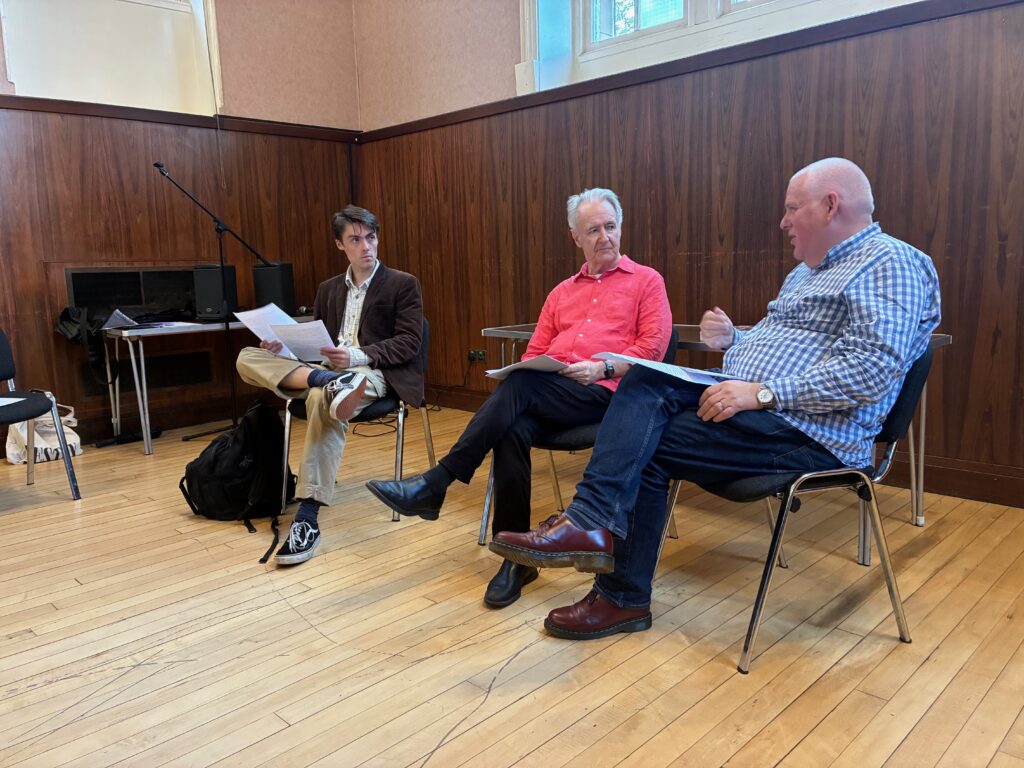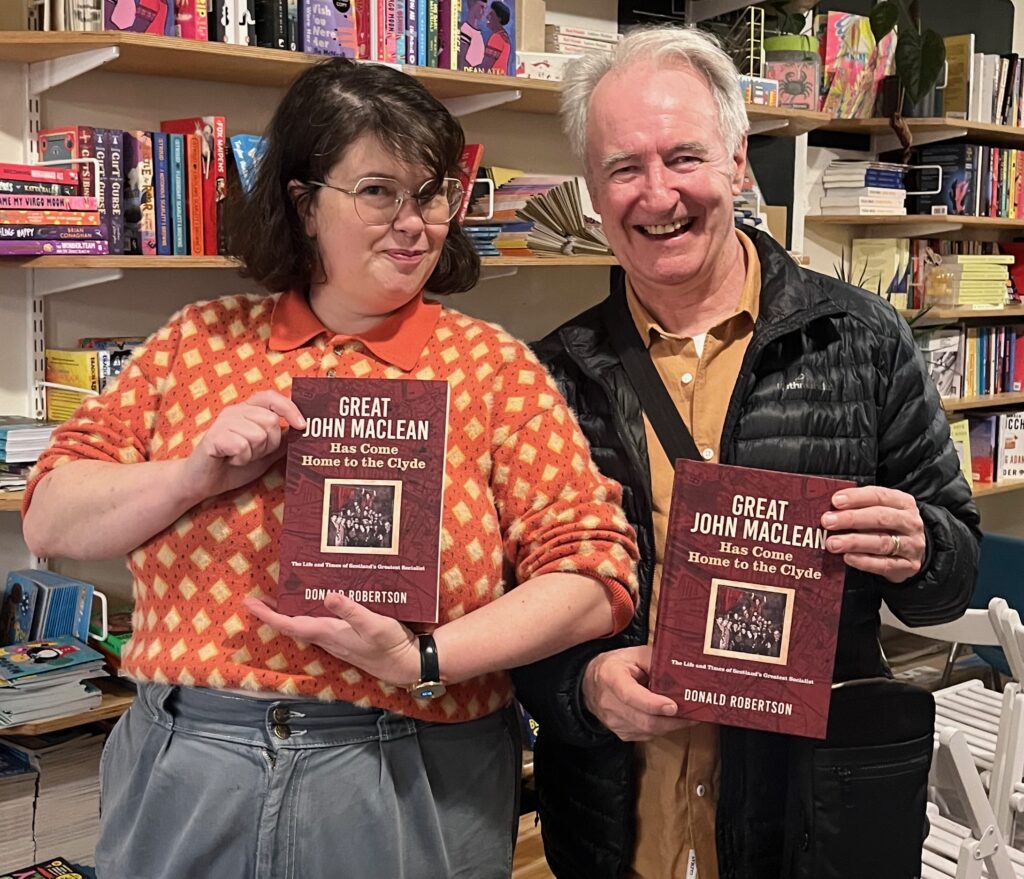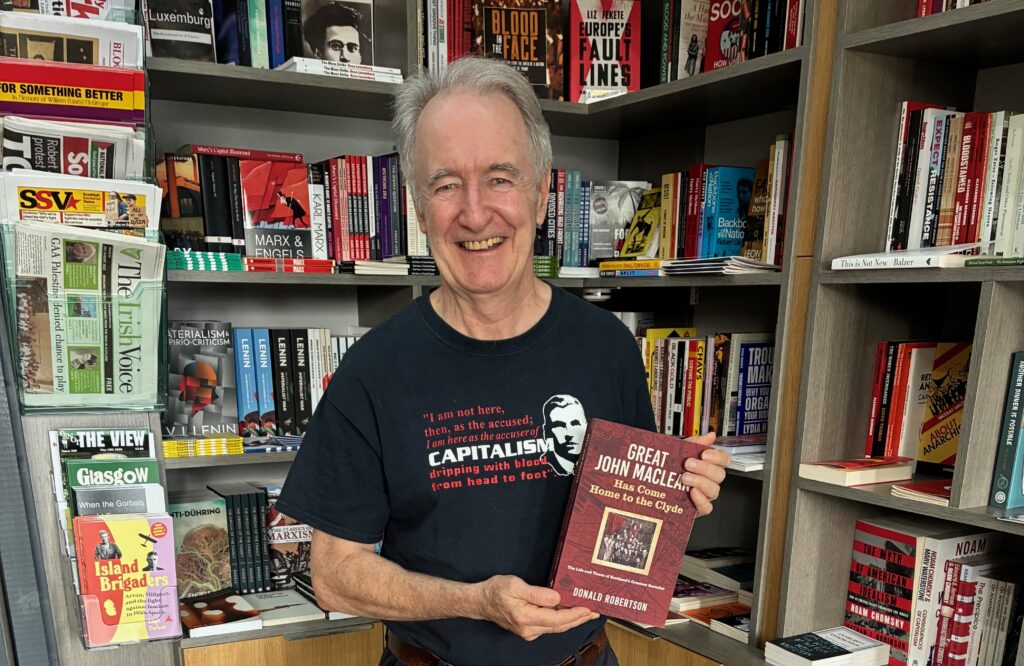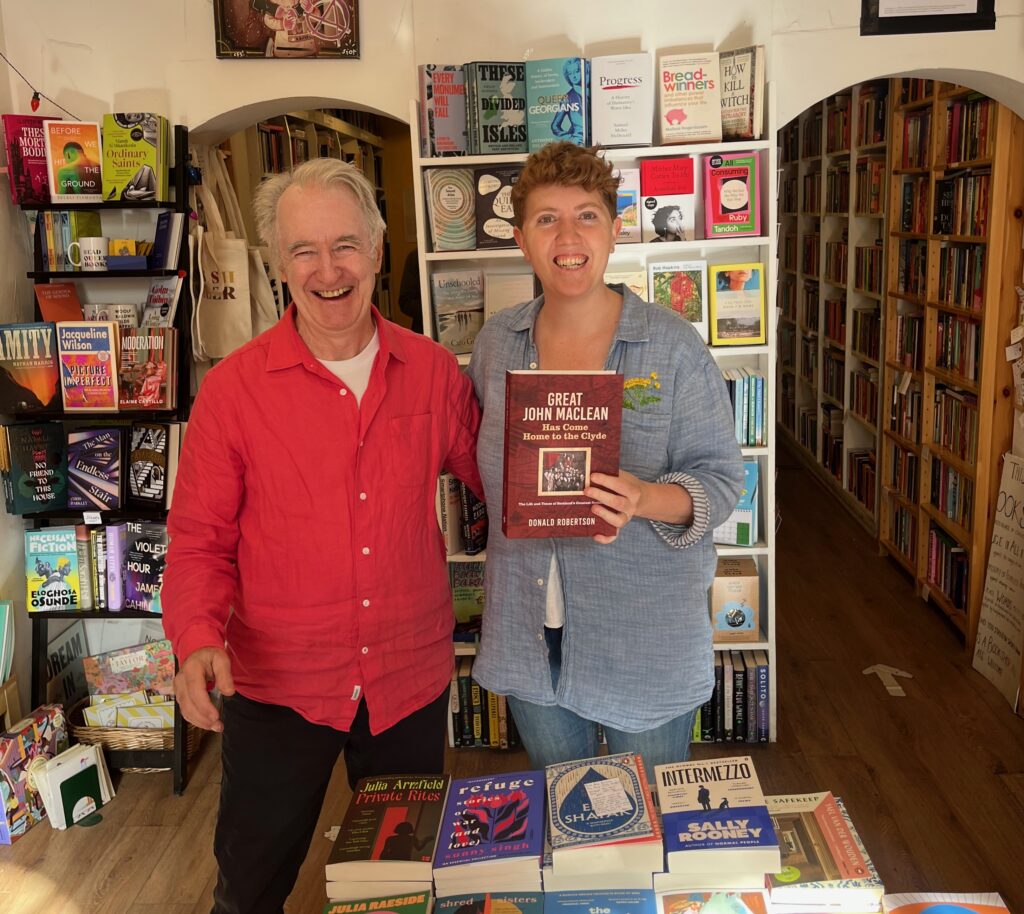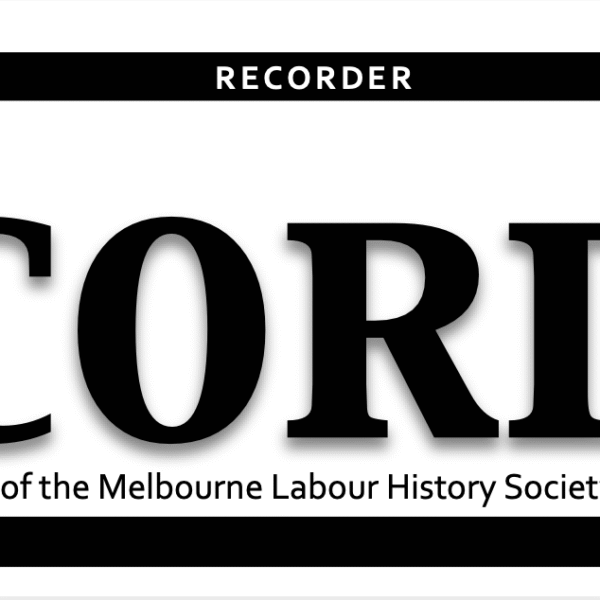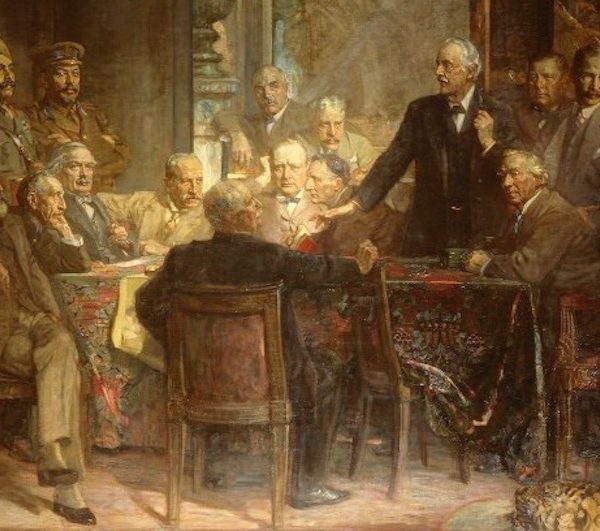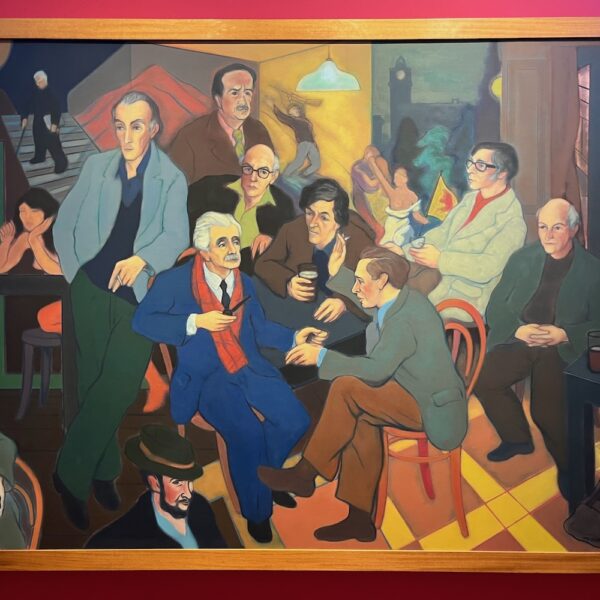Great John Maclean book tour of Scotland
These were my opening remarks at the launch of Great John Maclean Has Come Home to the Clyde at Pollokshaws Burgh Hall, Glasgow on 26 August 2025. Joining me on the panel were Owen Maitland, national president of Scottish Socialist Youth (pictured above left) and Iain Gault from my publisher Resistance Books (above right).
“History’s what people are trying to hide from you, not what they’re trying to show you. You search for it in the same way you sift through a landfill: for evidence of what people want to bury.”
– Hilary Mantel, Giving Up the Ghost
There has been so much written about the First World War. And why not?
It was a time when the world fell apart and was remade. Four empires crumbled – Russia, Germany, Austria-Hungary and Turkey. It saw the beginning of what we now call the Middle East, with its never-ending problems. The first communist state, the Soviet Union, emerged from the former Russian Empire. And America became the leading world power, a position it still holds today.
What you will struggle to find in most general histories, and even histories of Scotland, is an account and an explanation of what went down on Clydeside during the war and in its immediate aftermath.
What I’ve tried to do in this book is find the nuggets in the landfill, and put them together in a way that tells not just the story of John Maclean, the man, but everything that was going on in his orbit.
Maclean, the educator, through his lectures and agitation, helped to plant the seeds of Marxism among the working classes of Scotland.
He was explicitly anti-war from the start, denouncing the conflict as a capitalist war for markets. It was those views that saw him prosecuted under the Defence of the Realm Act, convicted of sedition, and sentenced on two separate occasions to hard labour in Peterhead Prison. The first sentence was three years. The second was five.
He was hailed as a socialist hero throughout Europe for his anti-war stance, and after serving 18 months of his first sentence, was appointed Soviet Consul in Glasgow following the Russian Revolution.
After serving just six months of his second sentence, at the end of the war Glasgow turned out to welcome him home with a triumphal red flag procession. Proud and defiant, he declared the government had selected him as the standard bearer of his class.
In the months after the war, Maclean toured the country encouraging the miners’ union and its partners in the Triple Alliance (the railwaymen and transport workers) to call a general strike.
He saw this as the path to a British revolution.
Did the Triple Alliance have the power to bring down the government and precipitate a revolution? Many, including those in government, thought it did. Did the leaders of the Alliance want that outcome? The answer must be no.
Is it surprising that these union leaders recoiled from the prospect of a general strike that could overthrow not only the government but the state itself? Who among them had a vision or a blueprint of how the country would be structured and how it would operate? Crucially, how would they have dealt with the armed forces?
John Maclean knew full well that the mass of workers were not revolutionary socialists like himself. In January 1919, he foresaw the coming rise in unemployment. He believed the way to gain the support of the unemployed was through a drastic reduction of hours. If the unemployed were guaranteed their pre-war standard of living, this was the economic issue that could unite the workers in the fight against capitalism.
By means of the Coal Commission and the drawn out consideration of its findings, the government successfully defused any revolutionary impulses. Eventually, in August 1919, Lloyd George announced the government would not accept the commission’s recommendation to nationalise the coal industry. Maclean realised the revolutionary moment, that he had campaigned for so vigorously, had passed.
This was a turning point in Maclean’s life, and not in a good way. His wife Agnes, who had stood with him through all his trouble and strife, implored him to curtail his political activity and provide for his family by getting a job. Suspecting she had been ‘got at’ by the authorities, Maclean queried her motives. Devastated by his lack of trust in her, Agnes left him and took their two daughters to live with her sister in Hawick.
Maclean also split from the British Socialist Party, of which he had been a member for close to twenty years. He was suspicious that new recruits to the leadership were government spies, and disagreed with Moscow’s influence on the way the party was transforming itself into the Communist Party of Great Britain.
He gathered a small band of agitators and mounted a street corner and work gates campaign on a shifting set of issues, including Irish and Scottish independence. It was a tremendous effort, but when Maclean again fell foul of the authorities, it eventually petered out and left no organisation behind.
~
The story of Maclean’s final years does not make for happy telling. Relentlessly pursued by the authorities for his advocacy on behalf of the unemployed and downtrodden, a succession of prison sentences took him out of circulation. When free to campaign he was squeezed on the one hand by the electoral success of the Independent Labour Party, and on the other by the developing Communist Party of Great Britain. As a result, his support base shrank to the south side of the Clyde.
It was there, at a street corner meeting, that he collapsed. He had caught pneumonia. He died on St Andrew’s Day 1923.
Scotland’s greatest socialist? It’s a big call, I know, and others will have their own opinions. But I’ll leave you with the words of three of his contemporaries.
Sylvia Pankhurst, suffragette and communist: ‘Never daunted, he would not trim his words to escape imprisonment, even though an army of detectives were around him. He expected persecution: he met it without flinching. Never apologizing, never explaining away his words; always ready to repeat them with emphasis.’
James Maxton, Labour MP: ‘A Scot of the Scots, a synthesis of all that is healthiest and best in our stormy history; the honesty, the forthrightness, the perseverance, the deep humanity, the shrewd practicality, the undiluted materialism.’
And Willie Gallacher: ‘With his death there passes one of the greatest fighters the movement in this country has known. But he left the movement a heritage that is worthy of the devotion he gave to the cause. Hundreds of young men, scattered throughout the country, in the colonies and America, heard the message from Maclean, were inspired by Maclean and now continue the work that death and death alone could for.’
~
A second launch was held at Mount Florida Books, Glasgow, on Thursday 28 August. I’m pictured below at the end of the evening with the indefatigable Katia, manager of the bookshop.
Of course, Calton Books, Glasgow, the self-proclaimed Best Wee Radical Bookshop in the World, already had copies in store when I paid them a visit.
And it was terrific to catch up a few days later with the delightful Mairi at Lighthouse Books in Edinburgh.
If you are in Australia you can buy a hardback copy here or buy a paperback copy here.
If you are outside Australia, here is a list of outlets where you can obtain the book.


